A new precedent for Indian taxpayers
Thank you for reading this post, don't forget to subscribe!In a significant ruling, the Ahmedabad bench of the Income Tax Appellate Tribunal (ITAT) has provided clarity on a long-standing tax dispute. The ITAT has ruled that taxpayers who choose the new tax regime can claim the Section 87A rebate on short-term capital gains (STCG) from the sale of assets like listed equity shares and equity-oriented mutual funds. This decision is particularly impactful for individuals with a total income under the ₹7 lakh threshold, as it could mean the difference between paying tax and having a zero tax liability.
The heart of the matter
The core issue has been a mismatch between the tax law and the Income Tax Return (ITR) filing utility. While the law on the books did not explicitly prohibit the rebate on income taxed at special rates, the ITR software was programmed to exclude it. This meant that a taxpayer with a total income below the ₹7 lakh threshold, but whose income included a component of STCG (taxed at a special rate of 15% under Section 111A), was still being denied the full tax rebate.
The ruling’s implications
The ITAT’s decision in the case of Miss Jayshreeben establishes a crucial legal precedent. It confirms that the Section 87A rebate should be applied to the total tax liability, regardless of whether the income is taxed at normal slab rates or special rates. This interpretation aligns with the intent of the law to provide relief to resident individuals with lower total incomes.
Experts believe this ruling could lead to a wave of appeals from taxpayers who were previously denied the rebate. It also puts pressure on the Central Board of Direct Taxes (CBDT) to update the ITR utility to reflect this legal position, bringing consistency and relief to many taxpayers.
While the ITAT’s ruling clarifies the position for the past and current financial years, it’s important to note that the law has been amended in Budget 2025 to prospectively restrict the rebate from applying to special-rate incomes starting from the financial year 2025-26. However, for those filing returns for previous years, this decision provides a strong legal basis to challenge the denial of the rebate.
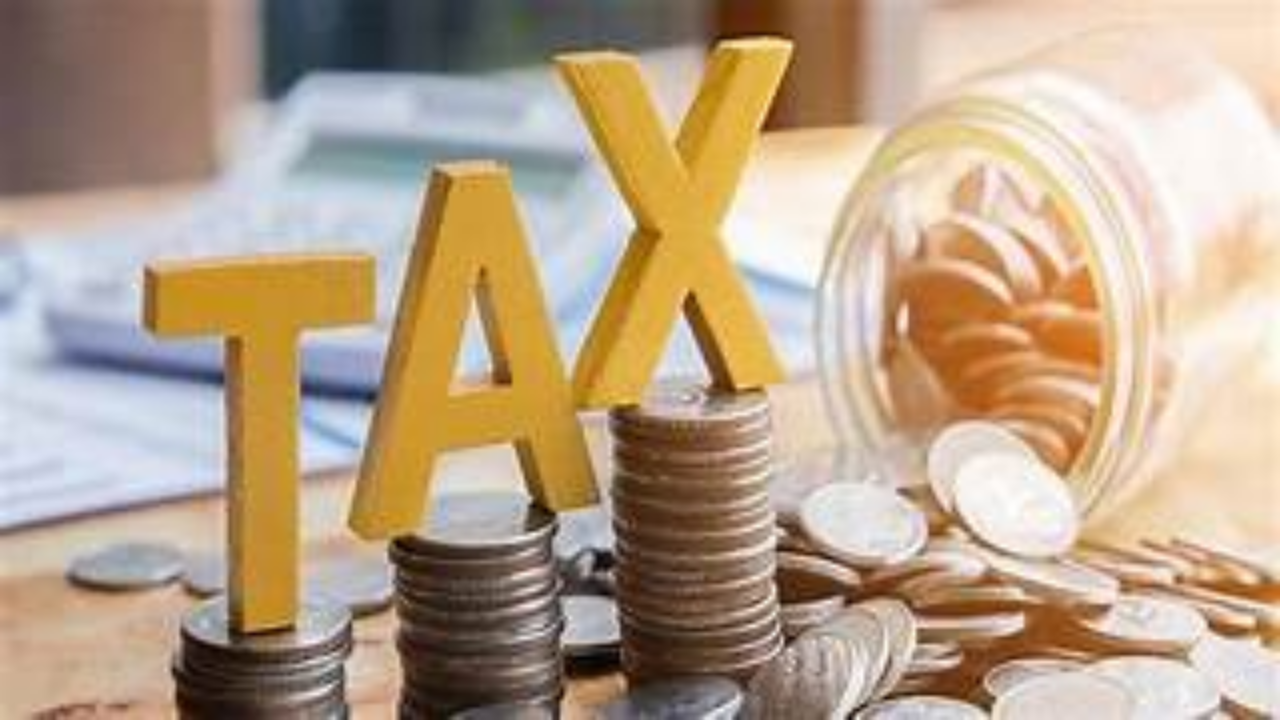


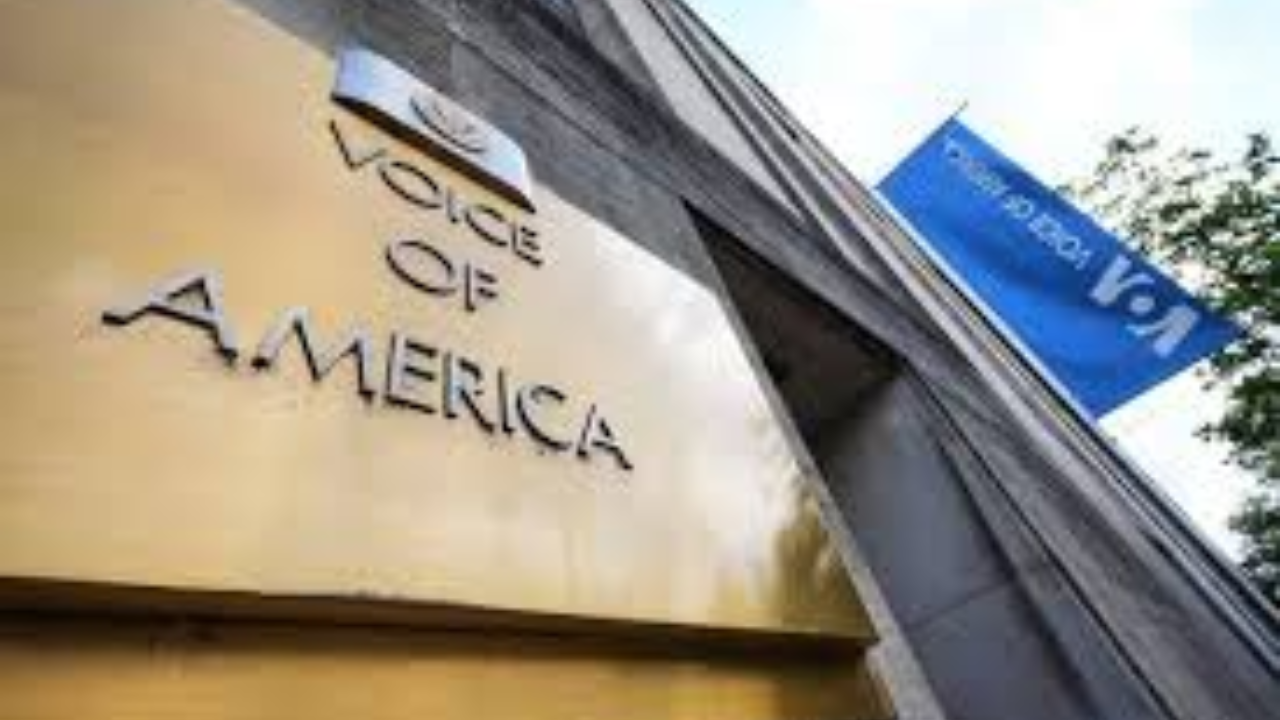


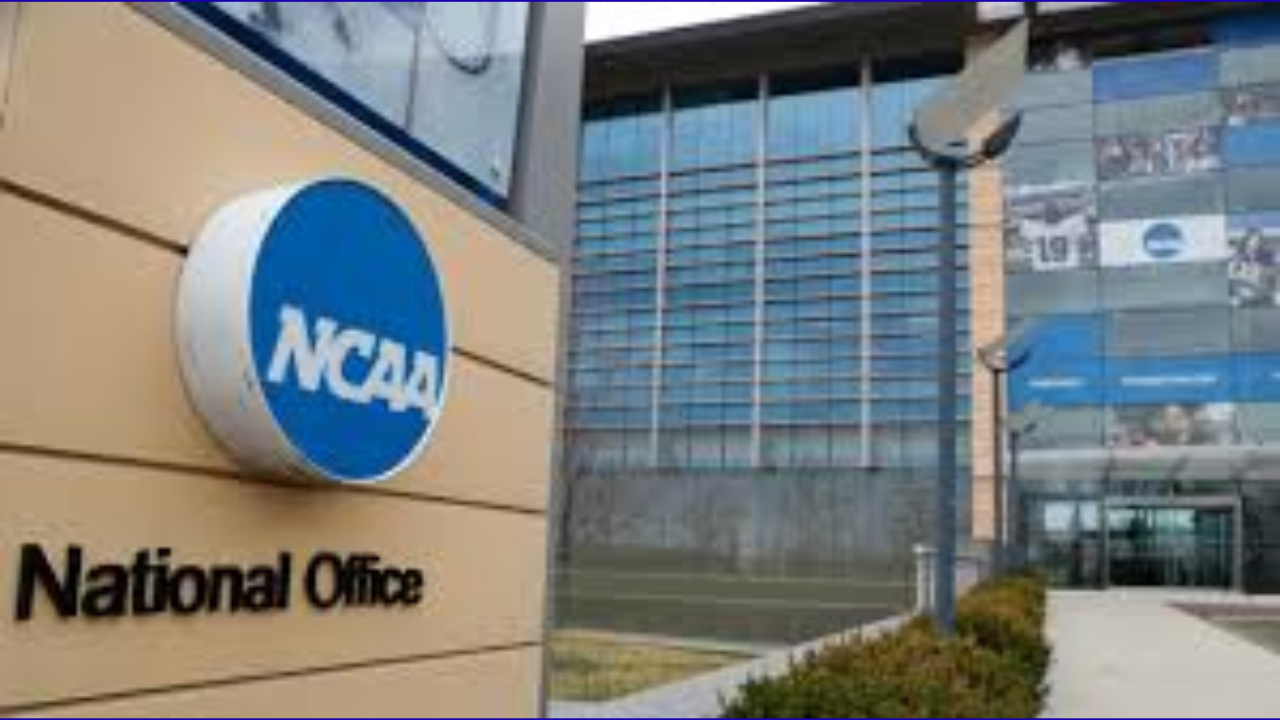




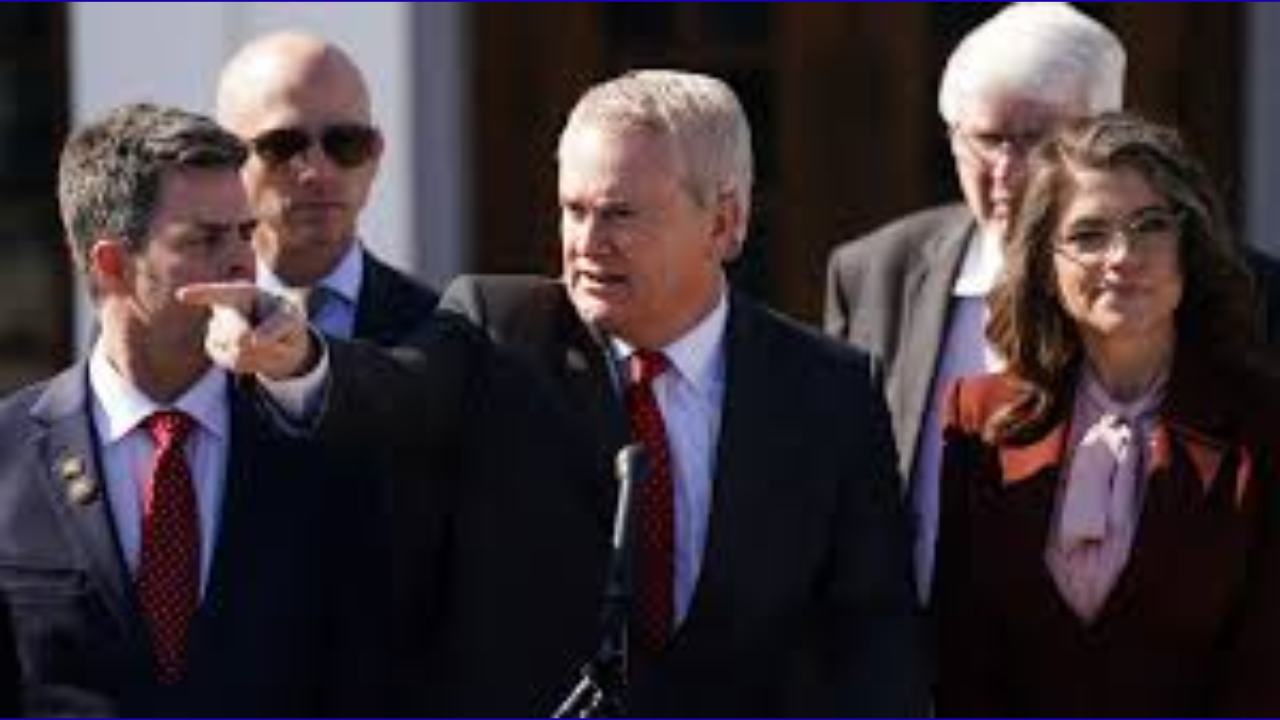

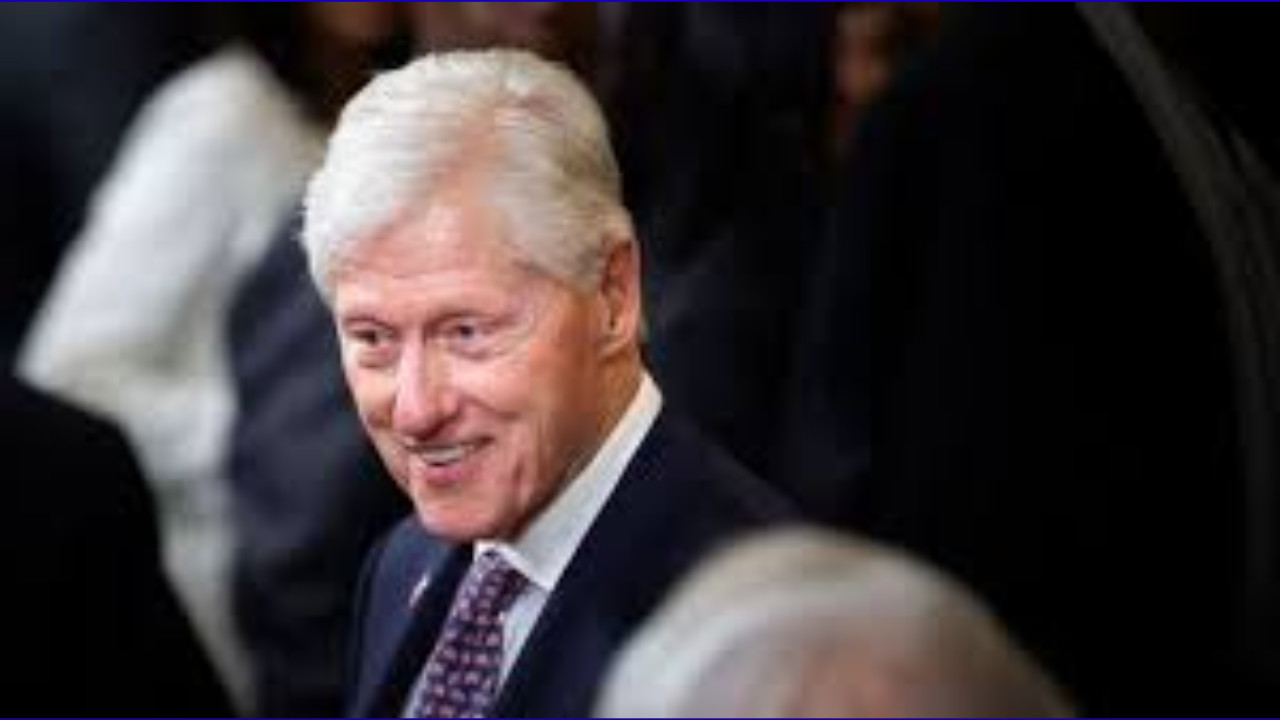




Comments are closed.